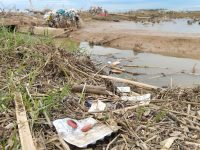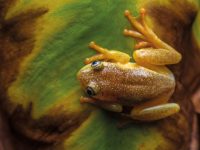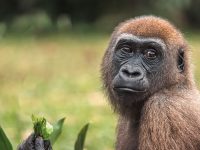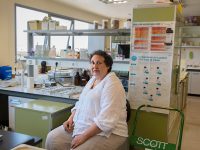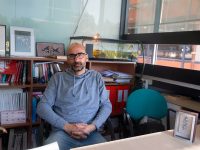Introduction: In praise of life
The dynamic concept of biodiversity
We humans have long been aware that as a species we have great power to modify the natural world. We sure have. But it has only been a few decades since society, with a firm voice, turned against the destruction carried out in the past. We want to preserve the variety of life forms in all their beauty and complexity, because this biological variety not only provides us physical support, but also promotes our intellectual and philosophical development. It makes us wonder how it emerged, how it works, why species differ from place to place…
Since the term biodiversity first emerged with force in the 1980s, its meaning has been encompassing, but often confusing. And if we want to preserve biological diversity, we should be clear about what it is and how it varies naturally. In general, everyone understands that biodiversity is highest in those places where we find more different life forms. But some of these organisms can be very rare or very abundant, they can be very close to each other or come from remote evolutionary lines, originate in the same place or be newcomers, have redundant or complementary functions… How do we take all this into account? What aspects do we give more importance to?
In this Mètode SSJ monograph we try to answer these and other questions from a contemporary ecological perspective. Biodiversity experts and researchers from four different continents show us their vision of how we understand biological diversity today; how it is distributed in the world and how it varies, both in land and in the oceans; how the relationships between living beings affect this diversity; why we sometimes consider foreign species less interesting than those originating in the territory; or how we can have a glimmer of hope in the recovery of natural vertebrate populations in the Western world. We hope that this dive into the subject will allow us to find more effective ways to enjoy the natural world with all its fantastic biodiversity.

